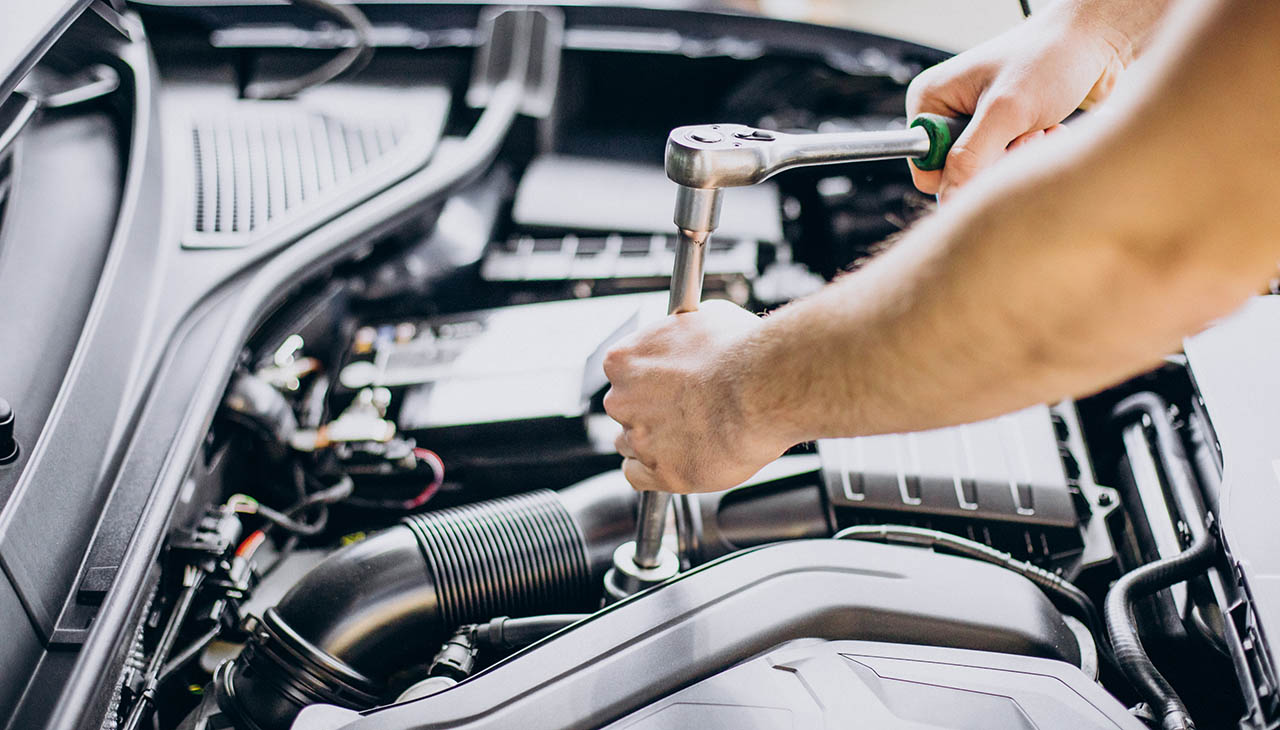Regular oil changes are the lifeblood of vehicle maintenance, a critical task that car owners should not overlook. Oil serves as a lubricant for the engine, ensuring that moving parts operate smoothly and reducing wear and tear. Over time, oil breaks down and becomes contaminated with dirt, dust, and debris from the engine and environment. This contamination can lead to increased friction, overheating, and eventually, engine failure. Therefore, staying on top of oil changes is a straightforward yet effective way to extend the lifespan of your vehicle and optimize its performance.
Understanding the Role of Engine Oil
Engine oil performs several vital functions beyond simple lubrication. It acts as a coolant, dissipating heat generated by the engine’s operation, and as a cleaner, picking up and suspending dirt particles and combustion byproducts to prevent deposits. Furthermore, it serves as a protective barrier, reducing oxidation and rust risk, and includes additives that enhance its effectiveness under extreme temperatures and pressures.
The impact of clean oil on engine performance and longevity cannot be overstated. By ensuring that all moving parts within the engine work smoothly with minimal resistance, clean oil reduces strain and wear, allowing the engine to run more efficiently. This efficiency translates into better fuel economy and more responsive power output. Additionally, by carrying away heat and foreign particles, clean oil prevents the build-up of harmful substances that can degrade vital engine components over time, thus significantly extending the life of the engine.
Consequences of Infrequent Oil Changes
Neglecting regular oil change schedules can lead to a host of engine-related issues that can compromise a vehicle’s performance and longevity. When oil is left unchanged, it loses its lubricating properties due to thermal degradation and accumulated contaminants, which increases the friction between moving parts. This excessive friction can cause components to wear down at an accelerated rate, leading to potential engine overheating, and in severe cases, complete engine seizure. As sludge builds up from the old oil, it can block the oil filter and passageways, restricting oil flow to critical areas of the engine, further increasing the risk of damage. Persistent disregard for oil changes can result in costly repairs or the need for an entire engine replacement, which could have been avoided with regular maintenance.
Recommended Oil Change Intervals
Modern vehicles come with various recommendations for oil change intervals, often outlined in the owner’s manual. However, a general rule for newer cars under normal driving conditions is every 5,000 to 7,500 miles. For older vehicles, or those driven in harsh conditions—like frequent stop-and-go traffic, extreme temperatures, or towing heavy loads—the interval may be shorter, commonly between 3,000 to 5,000 miles.
Experts suggest that drivers should also consider the type of oil used in their vehicle. Conventional mineral oils often require changes at more frequent intervals compared to synthetic oils, which can last longer and perform better under extreme conditions. It’s vital to weigh the vehicle’s age, type, usage, and manufacturer guidelines to determine the most beneficial oil change frequency for your car’s specific needs. Regular consultation with a trusted mechanic can provide personalized advice to keep your engine in excellent condition.
Benefits of Timely Oil Changes
Timely oil changes contribute significantly to enhanced engine efficiency and fuel economy. When the engine runs on clean oil, the minimized friction allows it to operate more smoothly, thereby reducing fuel consumption. Regular oil change intervals prevent the formation of sludge and varnish which can clog engine pathways; thus, maintaining clean oil circulation is essential for the engine’s optimal performance. Furthermore, this preventive maintenance safeguards against costly repairs and breakdowns. By investing in routine oil changes, car owners can avert the expensive outlay associated with major engine repairs or, worse, the need for a total engine replacement, which often results from prolonged negligence.
DIY vs. Professional Oil Changes
Deciding between DIY (Do-It-Yourself) and professional oil changes is an important consideration for many car owners. DIY oil changes can be more cost-effective and provide a sense of personal accomplishment. They afford the car owner full control over the type and quality of oil used. However, DIY requires a certain level of mechanical know-how, access to the necessary tools, and the willingness to deal with proper disposal of old oil, which may be inconvenient for some.
In contrast, professional service centers offer expertise and convenience. Technicians are trained to handle various vehicles and can spot potential issues beyond just the oil change, leading to preventative vehicle maintenance. Moreover, professional services eliminate the need for personal handling of oil and disposal concerns. On the downside, professional oil changes can be more expensive, and, occasionally, service centers might upsell additional, possibly unnecessary services.
Factors to consider when deciding between the two options include personal mechanical skill level, time, financial budget, access to tools and a suitable workspace, and environmental disposal capabilities. For those prioritizing time and convenience, or lacking in mechanical expertise, professional oil changes may be the better option. Meanwhile, car enthusiasts or budget-conscious individuals who have the skills and tools may prefer the DIY approach.



